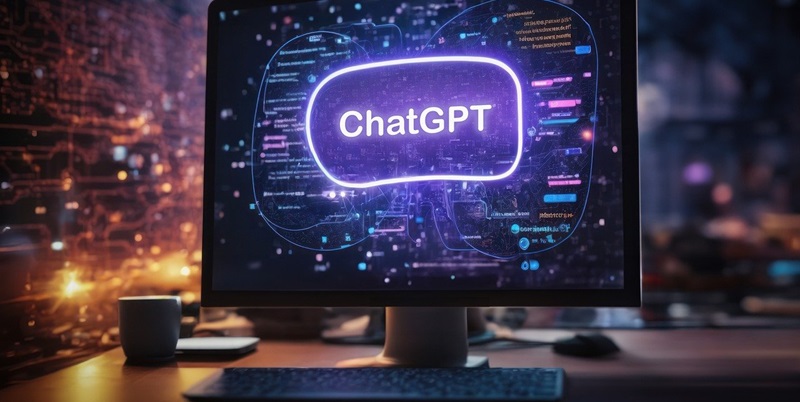The Indian news organization ANI has taken legal action against OpenAI, the creator of ChatGPT, accusing the company of unauthorized use of its published content to train the AI model without proper permission. The lawsuit has been filed in a New Delhi court, and ANI contends that OpenAI exploited its material published on its website to enhance the capabilities of ChatGPT. This case is part of a broader trend, aligning with similar legal actions taken by various news organizations globally, including the New York Times and Chicago Tribune in the United States. The initial hearing took place in the New Delhi High Court, and the judge has requested OpenAI to provide a detailed response to ANI’s accusations.
The Legal Battle Begins
According to the court documents, ANI claims that OpenAI attributed fabricated news stories to the publication and had not obtained a lawful license or permission for the use of its original works. Despite OpenAI’s internal block list containing the ANI website since September, ANI argues that its published works remain "permanently stored in the memory of ChatGPT," which apparently has no mechanism for deletion. This situation raises serious questions about the ethical and legal responsibilities of AI developers regarding the use of proprietary information for training AI models.
OpenAI’s spokesperson responded to ANI’s accusations by stating that the AI models are built using publicly available data, protected by fair use principles, and supported by established legal precedents. While outlining OpenAI’s defense, the spokesperson also highlighted that the company had faced numerous lawsuits from authors, visual artists, and other copyright owners for similar allegations. OpenAI maintains that it has licensing arrangements with several global news organizations, including the Financial Times and Associated Press, and is actively exploring partnership opportunities in India. The court is set to resume hearing the case on January 28th, a proceeding that is being closely monitored by both the tech and media industries.
Implications for AI Development and Intellectual Property
The ANI vs. OpenAI lawsuit serves as a critical examination of the balance between technological advancement and intellectual property rights. It underscores the growing tension between AI developers and content creators regarding the use of proprietary information for AI training. ANI’s case is not an isolated incident but part of a broader trend of legal scrutiny faced by AI companies globally. This trend reflects increasing awareness and concern about the implications of AI technology on copyright laws and intellectual property rights.
The outcome of this case could have far-reaching consequences for the AI industry, potentially setting a precedent for how AI companies can use publicly available information. If the court rules in favor of ANI, it could lead to stricter regulations and more rigorous licensing requirements for AI developers. On the other hand, a ruling in favor of OpenAI could reinforce the use of fair use principles in AI training, allowing companies more freedom in developing advanced AI models. This case also highlights the need for clearer guidelines and regulations to navigate the complex relationship between AI technology and intellectual property.
The Road Ahead for AI Regulation and Partnerships
The Indian news agency ANI has filed a lawsuit against OpenAI, the developer of ChatGPT. The legal action, initiated in a New Delhi court, accuses OpenAI of using ANI’s published content without proper authorization to train its AI model. ANI argues that OpenAI improperly exploited material from its website to improve ChatGPT’s capabilities. This case is reflective of a broader pattern seen globally, with other notable news organizations, such as the New York Times and the Chicago Tribune in the United States, taking similar legal actions. The initial hearing took place in the New Delhi High Court, where the judge mandated OpenAI to provide a thorough response to ANI’s allegations. The outcome of this case could significantly impact how AI companies source content for training models, highlighting the ongoing tensions between tech firms and media companies over intellectual property rights. This lawsuit is one more example of growing global concerns regarding the use of copyrighted material in AI advancements.

